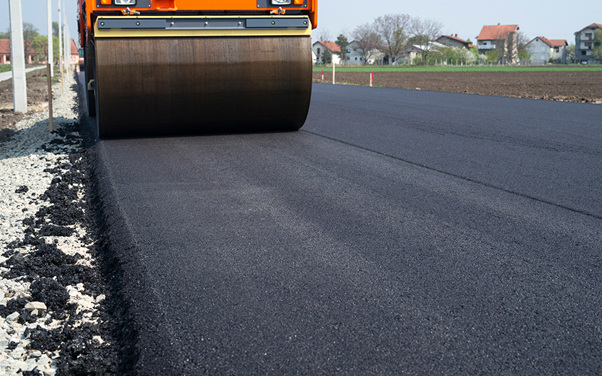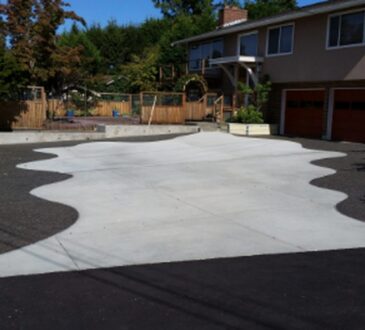
In road construction and maintenance, materials and methods play a crucial role in determining both long-term performance and cost efficiency. Asphalt paving remains the material of choice for many civil engineering projects in Singapore due to its reliability, adaptability, and practicality. From major highways to neighbourhood roads, asphalt offers multiple advantages in terms of durability, safety, and ease of installation, which is why asphalt paving companies continue to see steady demand.
Durability and Flexibility in Civil Engineering Works
One of the main reasons asphalt paving remains widely used is its resilience. Asphalt pavement is designed to withstand a range of weather conditions and traffic loads, making it suitable for Singapore’s hot and humid environment. The material’s ability to expand and contract without cracking as easily as other surfaces is a key benefit in civil engineering works in Singapore, where roads must endure consistent vehicle use and heavy rainfall.
Furthermore, asphalt is engineered to be a flexible pavement material. Unlike rigid concrete, it adjusts to minor ground shifts and temperature fluctuations, reducing the risk of large-scale damage. This flexibility extends the pavement’s lifespan and reduces the need for frequent reconstruction, ultimately cutting long-term maintenance costs.
Faster Installation and Reduced Traffic Disruption
Asphalt paving is well known for its quick installation process, and a reputable asphalt paving company can complete a standard road project within a relatively short time frame compared to alternative materials such as concrete. This is particularly important in densely populated areas where road closures and construction delays cause significant inconvenience.
In urban roadworks, asphalt’s efficiency allows sections of roads to be opened soon after paving. This benefits both public transport systems and logistics operations, which rely heavily on consistent road accessibility. For government projects and private developers alike, time saved during installation translates to faster project completion and reduced disruption to the public.
Cost-Effectiveness and Maintenance Advantages
When evaluating infrastructure investments, cost is always a significant factor. Asphalt paving offers a good balance between performance and affordability, especially when considering lifecycle costs. Although initial installation expenses may vary depending on road type and surface area, asphalt typically provides lower costs per kilometre over time due to fewer maintenance requirements.
Asphalt pavement is also easier to repair. Damaged sections can be milled and repaved without needing to replace the entire surface. Maintenance solutions such as overlays and patching are straightforward and economical, allowing roads to remain functional with minimal downtime. This makes asphalt a practical choice for municipal projects and large-scale civil engineering works in Singapore.
Safety Benefits for Road Users
Road safety is another important consideration when selecting pavement materials. Asphalt offers excellent skid resistance and smoothness, both of which help reduce accidents caused by uneven or slippery surfaces. The dark colour of asphalt also enhances road visibility, especially in wet weather, as it provides a high contrast with lane markings.
Additionally, asphalt paving can incorporate noise-reducing technology. Specially designed mixes absorb road noise, which is beneficial in residential or high-traffic areas. This adds value to urban projects where noise pollution is a concern. As more asphalt paving companies adopt advanced techniques, the safety and comfort of road users continue to improve.
Environmental Considerations and Recyclability
Modern asphalt paving practices have evolved to include sustainability in their core processes. Asphalt is one of the most recycled materials globally, as old asphalt pavement can be reclaimed, processed, and reused in new projects, reducing the need for virgin materials. This recycling process lowers environmental impact and promotes efficient resource usage.
In Singapore, civil engineering works often involve upgrades to existing infrastructure rather than complete overhauls. The recyclability of asphalt enables construction teams to carry out these upgrades with minimal waste. As environmental regulations become more stringent, the ability to reuse asphalt will remain a strong advantage.
Conclusion
Asphalt paving is crucial in road construction due to its durability, ease of installation, cost efficiency, safety features, and sustainability. For civil engineering works in Singapore, where speed, quality, and reliability are essential, asphalt pavement offers a practical and proven solution. Collaborating with a skilled asphalt paving company ensures that infrastructure projects meet safety standards while remaining within budget and on schedule.
Looking to pave new roads or upgrade existing ones? Contact United E&P to explore asphalt paving solutions tailored to your project needs.




